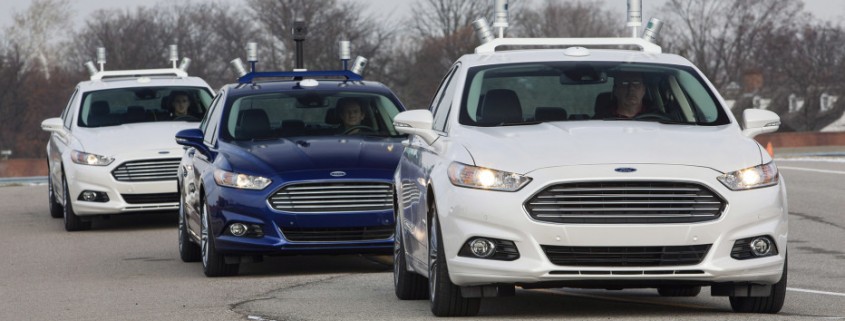Automakers: You Wouldn’t Want to Rent an iPhone, So You Probably Won’t Want to Hire an Autonomous Car, Either
Jennifer van der Kleut
CNBC recently interviewed executives from top automakers working on autonomous car technology, and they say they’re not as worried about the threat of ridesharing companies like Uber as one might think they should be.
Representatives from OEMs like Nissan-Renault and Volvo say in the future, your autonomous car will be just as personalized as your smartphone-and for that reason, they predict you’d rather own one than hire one.
“People use a car for many other things [than just transportation] and with the connectivity coming, the car is going to become a kind of working space, it’s going to become a living space,” Carlos Ghosn, the chief executive of Renault-Nissan, said during a CNBC technology event.
“Because if in the car you can connect, interface, video conference… it becomes your own space, you’re going to have your own photos, your own email, your own music, your own calls, your own everything. It becomes like your iPhone, you want something belonging to you,” he continued.
Klas Bendrik, chief information officer at Volvo Cars, told CNBC he thinks it will depend on the area one is in.
“You have a different transportation need when you go from the cities to the suburban areas, and if you go to the countryside you have a different transportation need,” Blendrik said, adding that ridesharing apps like Uber and Lyft may make sense in “mega-cities,” he thinks personalized autonomous cars will prove much more attractive in suburban and other areas.
While countless automakers and tech firms alike have said they believe autonomous car technology as the safest option in the future, and will be the preferred mode of transportation for millions in the future, opinions still appear to be varied as to when we can expect it to be widely available.
While some companies like Tesla and Google appear to be in a race to see who can get it to mass market first, even before 2020 rolls around, others like Ford, Toyota and Mitsubishi seem to be taking the road a little slower to truly perfect the technology.
Toyota has publicly said that at this time, they still believe humans have better instincts than auto software, and that there are still significant hurdles to overcome before the technology is ready for mass market.
Mitsubishi has made no secret of the fact that they are not rushing to get an autonomous car on the road, though they are working on it. Their first priority is improving safety, according to the Christian Science Monitor.
Ford appears to making significant progress, becoming the first to test their driverless and connected-car technology at the Mcity testing ground in Michigan, and the first to test their driverless cars in heavy winter snow and ice.
Ford has also famously partnered with Google on driverless car technology, pairing their cars with Google’s software-and some think the partnership could go beyond driverless cars as well.
See CNBC’s interviews with automakers like Nissan-Renault and Volvo on their website.



